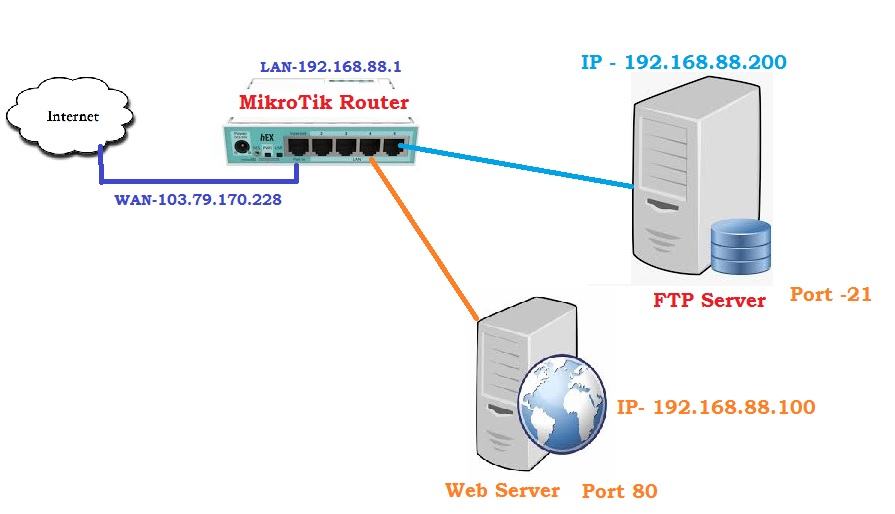Understanding VPN Logging And Privacy Considerations
If you're new to the world of virtual private networks (VPNs), you might be feeling overwhelmed by all the technical jargon and acronyms. But don't worry, we're here to help you understand exactly what VPNs are and how they work.
What is a VPN?
A VPN is a service that allows you to connect to the internet securely and privately. When you use a VPN, all of your online traffic is encrypted and routed through a remote server. This means that your IP address and browsing activity are hidden from your internet service provider (ISP) and any other third parties who might be monitoring your online activity.
Why would you use a VPN?
There are many reasons why you might want to use a VPN. Here are just a few:
- Privacy: When you use a VPN, nobody can see what you're doing online. Your internet service provider (ISP) can't track your browsing activity, so they can't sell your data to advertisers or hand it over to government agencies.
- Security: A VPN encrypts all of your online traffic, so you're protected against hackers and other cybercriminals who might try to steal your personal information.
- Access to geo-restricted content: Some websites and online services are only available in certain countries. With a VPN, you can connect to a server in another country and access that content as if you were physically located there.
How does a VPN work?
When you connect to a VPN, all of your online traffic is encrypted and sent through a secure tunnel to a remote server. This server acts as a middleman between you and the rest of the internet. Your ISP can't see what you're doing online, but they can see that you're connected to a VPN server. From their perspective, it looks like your internet traffic is coming from that server instead of from your home or office network.
Once your traffic reaches the VPN server, it's decrypted and sent out to its final destination. If you're accessing a website, for example, the server will send your request to the website's server and then relay the response back to you. All of this happens in the background, so you don't need to worry about configuring anything yourself.
What are the different types of VPNs?
There are several different types of VPNs, and each has its strengths and weaknesses. Here are a few of the most common types:
- Remote access VPNs: These VPNs are designed for remote workers who need to access company resources from outside the office. They allow users to connect securely to their company's network over the internet.
- Site-to-site VPNs: These VPNs are designed for companies with multiple locations. They allow different networks to connect to each other securely over the internet.
- Clientless VPNs: These VPNs allow users to access web-based applications over a secure connection without installing any software on their device.
- Mobile VPNs: These VPNs are designed for mobile devices like smartphones and tablets. They allow users to access the internet securely from any location.
What should you look for in a VPN?
When choosing a VPN, there are several factors you should consider:
- Security: Look for a VPN that uses strong encryption and has a strict no-logging policy.
- Speed: A VPN can slow down your internet connection, so look for a provider that has plenty of high-speed servers.
- Price: VPNs range in price from free to several dollars per month. Look for a provider that offers the features you need at a price you can afford.
- Compatibility: Make sure the VPN you choose is compatible with all of the devices you plan to use it on.
Conclusion
VPNs are an essential tool for anyone who wants to protect their online privacy and security. With a VPN, you can connect to the internet securely and privately, access geo-restricted content, and more. Just be sure to choose a reputable provider that takes your privacy seriously.
Now that you understand what VPNs are and how they work, you can make an informed decision about whether or not a VPN is right for you.




Post a Comment for "Understanding VPN Logging And Privacy Considerations"